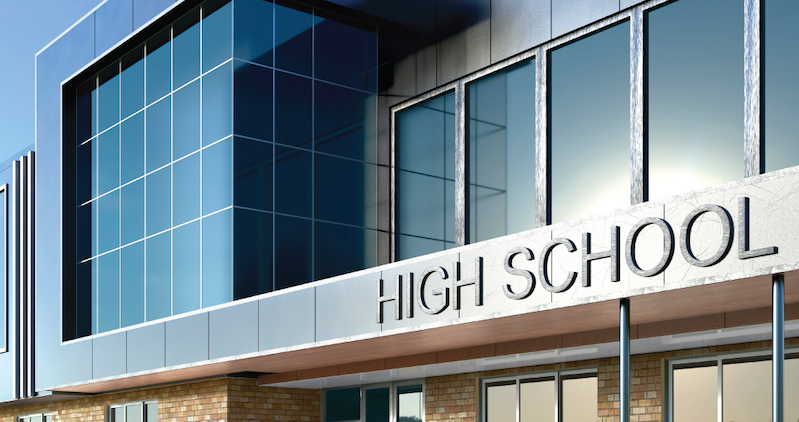22nd February 2022
Private schools are among the worst affected of sectors post outbreak of COVID-19. Prior to 2020 that Private schools was thought as one of the most resilient of sectors, however the pandemic has exposed this assumption wide open. Schools were the first to be under lockdown and last to open, generally towards the end of the cycle. Vaccination drive is expected to provide relief to many sectors, but it may not be true for schools as vaccination for children have just begun. Therefore, schools are expected to remain in lockdown state for a quarter or so.
Many private schools are facing severe financial stress on account of reduced income and fixed liability and expenses. Following are the reasons:
Solutions for private school owners
A. Sale Lease Back
In this model, the school owners can sell their school real estate to fund houses and lease back for a long term. Typically, property valuation is 8 to 9 times of Annual Net Operating Income (Gross Annual Revenue minus Annual Operating Cost).
The facility is leased for 30 years with provision of extension by another 30 years. Lock-in of the lease is for 15 years plus based on reputation and location of the school. Lease terms, the NOI used for valuation needs to be paid as rent to the PE fund with annual escalation of 5%. It is important that the school has been operating for more than 8 years and has been profitable for at least 3 to 5 years.
This model is suitable for school operators looking to continue to operate.
B. Merge their schools with other school operators.
In this model, the school owner leases out its facility to another school for long-term (30 years) with lock-in period of at least 7 years. Also, the owner ensures smooth transition of existing school students to the new school. The existing owner also receives goodwill based on number of students, school fee, reputation of the school and location.
The lease rental is based on the size (leasable area) of the facility and open area. Also, quality of infrastructure plays important role in determining the commercials of the transaction. The lease rentals for future expansion are based on new construction undertaken by the existing owner on request of new school management.
This model is suggested for schools in emerging location and has additional land available for expansion.
C. Outright Sale
Complete outright sale of School is also an option with the owner. This option is advisable if the management wants to exit the business. There are other school owners, private investors and PE funds who evaluate this model. The valuation of the school varies between 8 to 9 times of the stabilized annual NOI. This model is recommended for matured schools with maxed out capacity.
Conclusion
Thus, Private Schools have multiple solutions to manage this crisis through the various models and even outright sale option (consolidation) which might bring stability to India’s education sector. Since these PE funds/ financial institutions and school chains have deeper pockets, they can invest in infrastructure and contemporary teaching methods to reduce the technological divide that exists between premier schools and budget private schools and revolutionize the Private school sector.
Equity is one of the better forms of capital compared to debt. This has been proven strongly during this crisis. During economy expansion phase, debt model attracts owners as it looks like a cheaper form of capital. However, during crisis we all feel the heat of servicing the debt and then it feels like the most punishing and expensive capital. Therefore, based on the management’s strategic goals any of these three options can be exercised for capitalizing the school business.
Meraqi’s Solutions for Private Schools sector:
We work with property owners, fund houses and operators in private schools & education institutes in the following areas:

